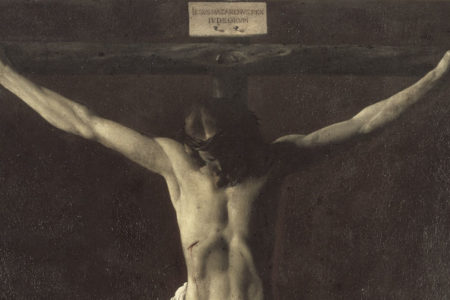‘There Is a Fountain Filled With Blood’
William Cowper (pronounced Cooper, 1731–1800) was one of those enigmas of life where creative talent is torturously combined with introspection and melancholy.
Cowper was the fourth of seven children born to an English minister. He had a tender disposition, but the deaths of numerous loved ones over the years—including that of his beloved mother when Cowper was only six—coupled with being bullied by an older student at school and being denied marriage to the love of his life, left Cowper emotionally despondent and fragile.
Trained as an attorney, Cowper was offered a post as a clerk to the House of Lords in 1763. But while anticipating the formal review, the pressure became too much. He attempted suicide and had a nervous breakdown.
Cowper was sent to an asylum for recovery. The director and attending physician there was an evangelical Christian named Nathaniel Cotton. Dr. Cotton nursed Cowper back to health. But the greatest balm for Cowper’s ills was what he found one day while strolling the grounds.
Someone had left an open Bible on a chair. Cowper read the passage from John 11 that spoke of Christ’s sorrow at Lazarus’s tomb. He was impressed with Jesus’ compassion. Later, in his own Bible, he discovered Romans 3:25. Referring to Jesus, it says, “whom God set forth as a propitiation by His blood, through faith, to demonstrate His righteousness, because in His forbearance God had passed over the sins that were previously committed.”
It was then, in 1764, that Cowper believed the gospel and became a Christian.
Over the ensuing years, Cowper continued to struggle with fits of depression. But God provided comfort through His Word, as well as through the many Christian friends who saw him through his dark days.
A gifted poet, Cowper eventually became a poet laureate. But he also used his talents for the Lord, writing many hymns, including “God Moves in a Mysterious Way,” with its famous last line, “God is His own interpreter, and He will make it plain.” Cowper also collaborated with his close friend, John Newton, to write and publish a collection of hymns known as Olney Hymns.
Based on Zechariah 13:1 and dated around 1771, the hymn “There Is a Fountain Filled with Blood” expresses Cowper’s love and gratitude for the Savior’s cleansing blood and power to save—a truth Cowper knew personally.







